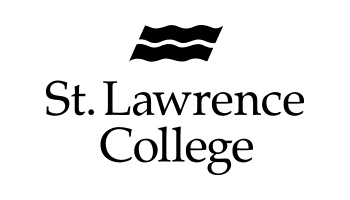Program Overview
Este programa é de natureza geral e é projetado para fornecer uma ampla escolha de oportunidades de carreira no mundo dos negócios. Os alunos do programa ganharão uma compreensão prática dos princípios e práticas-chave necessários para o sucesso no campo de negócios e adquirirão uma gama de habilidades fundamentais em áreas como finanças, contabilidade, recursos humanos, gerenciamento de operações, marketing e vendas.
Requisitos de admissão
Diploma de Escola Secundária incluindo Matemática 11 e Inglês 12, ou equivalente. Os alunos devem satisfazer um dos seguintes requisitos linguísticos:
- Canadian College of English Language Level 140, Pass with 60%.
- St. Lawrence College ESL certificado de nível avançado, passe com 60%
- IELTS 6.0 global com uma pontuação mínima de 5,5 em cada seção
- TOEFL 213 (teste baseado em computador), TOEFL 78 (teste baseado na Internet)






